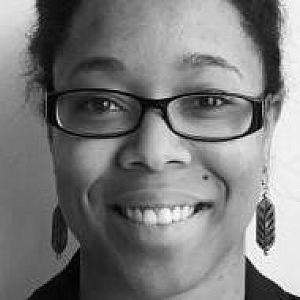
Lakeidra Chavis
Reporter

Reporter
Lakeidra Chavis joined The Marshall Project in August 2021. Previously, she reported in Chicago for The Trace, a nonprofit newsroom focused on gun issues, and before that for ProPublica Illinois and Chicago Public Media (WBEZ), Chicago’s local NPR affiliate. She has a B.A. in Psychology from the University of Alaska Fairbanks. She was a 2020 Center for Health Journalism Data Fellow.
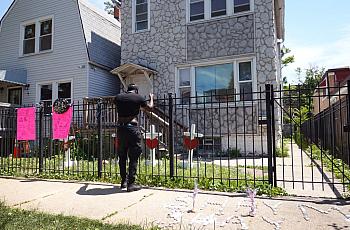
As the shooting in Sacramento reminds us this week, gun violence is one of the biggest public health crises in America.
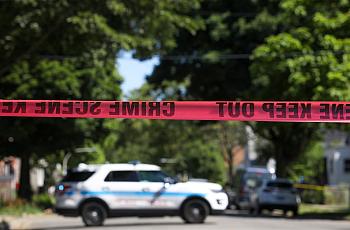
For every person killed from gun violence in Chicago, five are shot and survive. Those victims — about 30,000 in the last 10 years — are marked for life, and their road to recovery is often one with little to no resources.
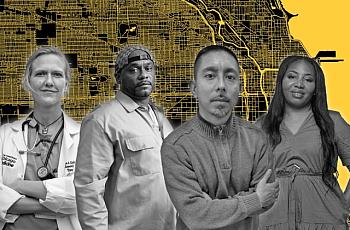
Shooting survivors face physical and psychological recovery, often with little to no help. Could reallocating resources bring healing?
We investigated long-term, systemic shortcomings in the Illinois program. Here are some tips to help you do similar reporting in other parts of the country.
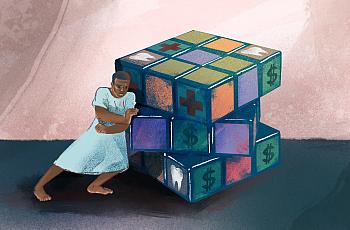
Less than 40% of applicants are compensated, but many more never apply in the first place.
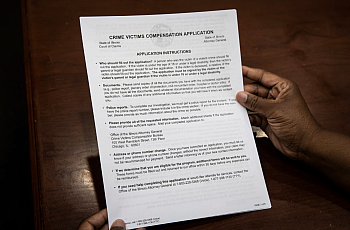
The state's Crime Victim Compensation Program reimburses victims of violent crime for costs related to injury and loss.
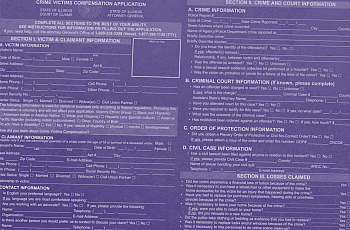
A review of thousands of records showed the state program struggles to reach survivors in need, and paid out claims in less than half of all cases.
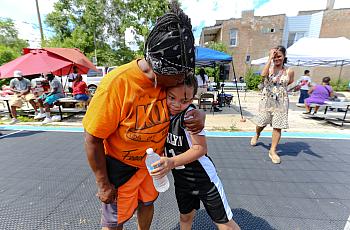
Most stories about violence focus on neighborhoods with extremely high murder rates. Residents of Roseland experience shootings at a more typical pace.
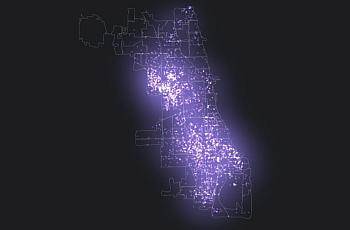
Thousands of people are shot in the Chicago area each year, sending waves of shock and grief throughout the city.
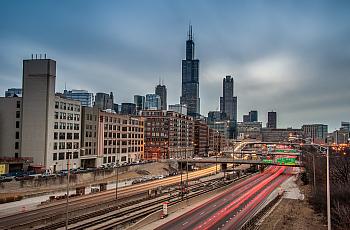
As Chicago once again faces a historic increase in violence, a reporter seeks to understand how the pandemic is affecting shooting survivors.